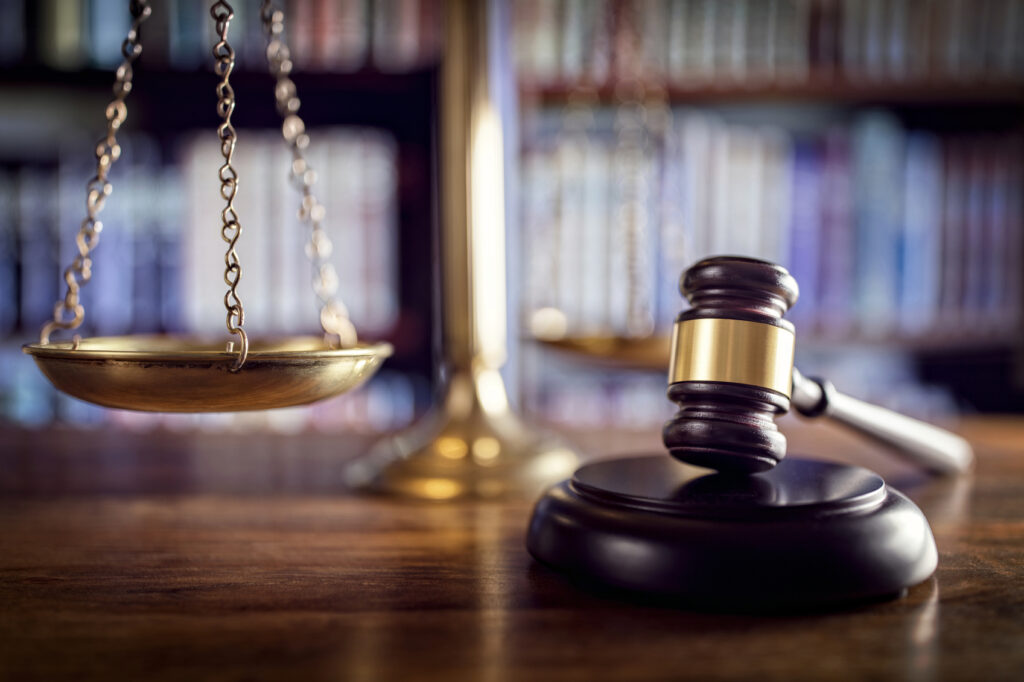Estate planning can do far more than ensure that one’s home, investments, and other “big ticket” assets are disposed of according to the person’s wishes. Sometimes it is the small trinkets and mementos that would be most meaningful to a person’s surviving family members. A treasured watch, a wedding band, or a hand-painted portrait or landscape can all have an emotional value that far exceeds their monetary value. When owners of these items of personal property do not consider or address them in their estate plans, family turmoil and hard feelings can result.
Specific Bequests versus Residual Estate Provisions
A common provision in any will pertains to the testator’s “residual estate.” A person’s residual estate is comprised of those assets and items of property that are left over at the conclusion of the administration of the person’s estate. That is, once all lawful debts of the decedent have been paid and items specifically named in the decedent’s will have been disposed of according to the will, the assets and property that are left over is considered the decedent’s “residual estate.”
The residual estate is typically bequeathed to one person or divided evenly between several individuals. It is unlike a specific bequest, where an individual specifically identifies a particular item of property and hen specifically designates a person or entity that is to receive that item. When items of personal property are disposed of by specific bequests, the owner of those items is able to control to whom they are delivered following the owner’s death. When items of personal property pass as part of a person’s residual estate, they are typically given to the person identified in the will to receive the residual estate (or the heir(s)-at-law, if the decedent died intestate). If a decedent has more than one person designated to receive their residual estate, or more than one heir-at-law, then the executor or estate administrator will typically divide the entire residual estate as fairly and equitably as possible.
Making Specific Bequests in Your Will
Family turmoil can result if someone who is expecting to receive a certain piece of personal property is denied that item. That is why it is beneficial to consider the disposition of all one’s valuables – both those of great monetary value and those of great emotional value – as part of creating an estate plan. If a person desires to make a specific bequest, doing so is relatively easy. The person simply:
- Identifies the item or items of property with enough specificity that it can be readily identified;
- Identifies the person or entity that is to receive the item; and
- Identifies what is to happen to the item if the specified person or entity is not able to receive the item (optional).
As is true with other provisions of a person’s will, a specific bequest may be changed or taken back at any time prior to the owner’s death. Once the owner of the tiem has passed and the will admitted into probate, the specific bequest instructions (or any residual estate provision) cannot be altered.
Dawes Legal, LLC is Here to Help You
Let the professionals at Dawes Legal, LLC assist you in preparing your estate plan. Creating a will or trust may seem like a daunting task, but there is no better time than now to take care of this important task. We will help make the process of planning for the distribution of your valuables according to your wishes. Learn how by scheduling a consultation with our office. Call us today at (614) 733-9999.

